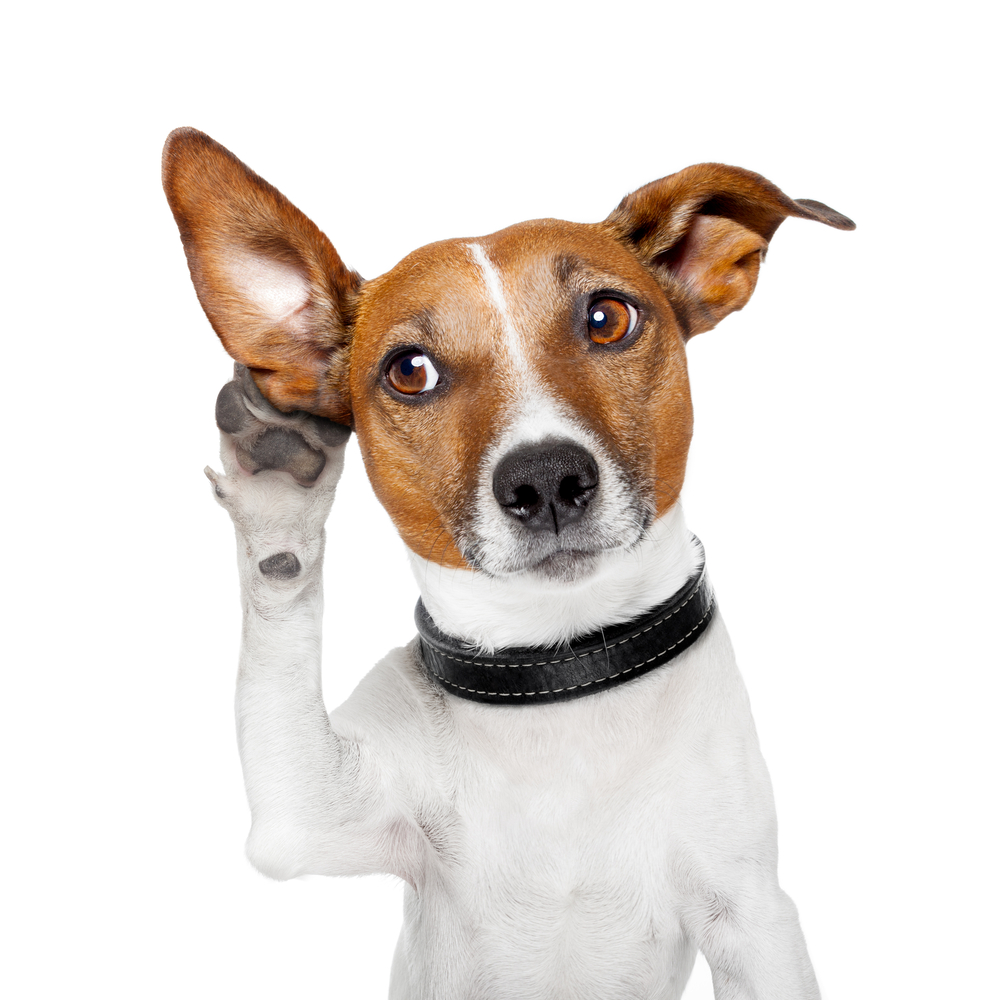 Our senses connect us to the world. When one fails the others heighten. But I’d argue that as a performer, particularly as an improviser, the most important of the senses is hearing. In acting class after acting class, teachers and coaches alike will tell you “acting is reacting” which, in essence, means listen. If you’re waiting for your turn to speak instead of truly taking in everything you’re scene partner is saying you’re not listening. You’re doing an injustice to you’re partner and, just as importantly, an injustice to the scene. It’s the I’ve-got-something-clever-to-say-and-I’m-going-to-say-it-no-matter-what mentality that improvisers sometimes get caught up in. Truly listening will curb that because perhaps that clever thing isn’t warranted.
Our senses connect us to the world. When one fails the others heighten. But I’d argue that as a performer, particularly as an improviser, the most important of the senses is hearing. In acting class after acting class, teachers and coaches alike will tell you “acting is reacting” which, in essence, means listen. If you’re waiting for your turn to speak instead of truly taking in everything you’re scene partner is saying you’re not listening. You’re doing an injustice to you’re partner and, just as importantly, an injustice to the scene. It’s the I’ve-got-something-clever-to-say-and-I’m-going-to-say-it-no-matter-what mentality that improvisers sometimes get caught up in. Truly listening will curb that because perhaps that clever thing isn’t warranted.
Now when I say listening is most important it’s a bit of a cop out because to truly listen you’ve got to use you’re entire body. You’re eyes listen to another’s body language. Eye contact is a part of listening. You’re skin listens by feeling the rhythm and vibe of a scene. You have to be open to every sign you’re partner and the audience is giving you.
Listening also means you’re in the moment. You’re not planning ahead. The only thing occurring at that exact moment is what is occurring between these two people. They’re paying attention to the emotion of the scene, the context, the needs of the scene/improvisers, the reason behind all of this. A good improviser reads all of this in one quick second and plays with it. So as organic improv guru Todd Stashwick says, listen like a thief. Steal every gesture, every emotion, every intent and use it to make your scene the best it can be.

